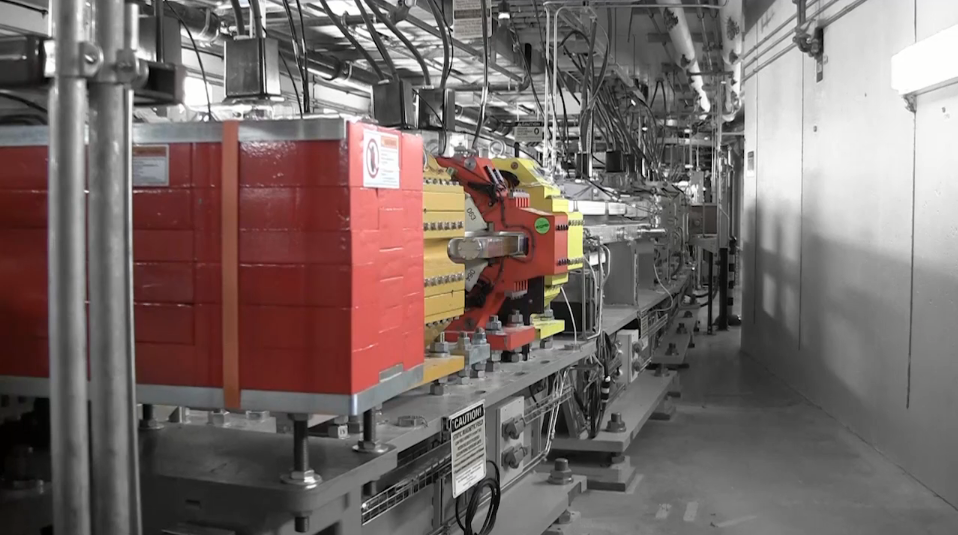Accelerators like the National Synchrotron Light Source (NSLS) II fire particles around a circular tunnel to nearly the speed of light. But as electrons curve around the ring, they lose energy in the form of light. Rather than think of this as a defect, researchers at Brookhaven National Laboratory found a way to harness this excess light and use it to understand the world at its most fundamental level. This basic research, however, can lead to remarkable and practical results. Considering the original NSLS at Brookhaven helped win two Nobel prizes, create better HIV treatments and rethink the battery, this increase in performance will likely open the door to groundbreaking new discoveries.

